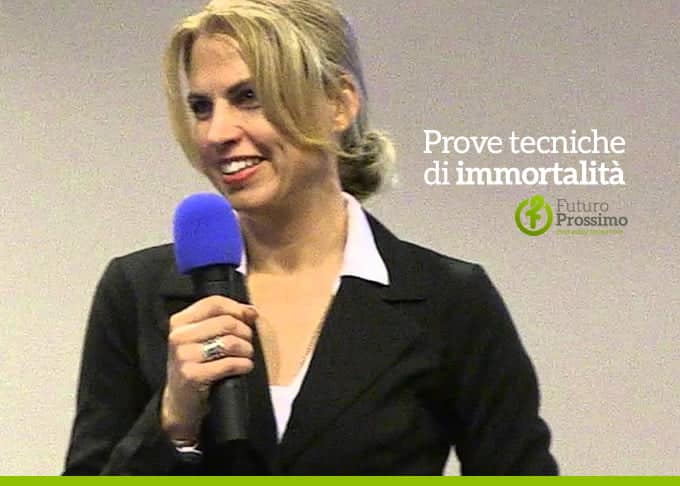Elizabeth Parrish, the 44-year-old head of BioViva, a biotechnology startup, said she started gene therapy on herself last month in an undisclosed location: the goal is to directly test solutions that will become cures for Alzheimer's and muscle loss.
Parrish said in an online interview she loaned on Sunday that they underwent two forms of gene therapy after contracting with a lab outside the United States, where she resides. In one treatment he would have received intramuscular injections of follistatin, a gene that in experiments conducted on animals to date has shown that it can increase muscle mass by blocking an inhibitor, myostatin. In the second treatment, Parrish would have received injections of a virus containing genetic material that produces telomerase, a protein capable of extending telomeres, believed to be the part of the chromosomes that regulates our biological clock.
Many experts believe that DNA changes or targeted gene treatments could greatly extend life expectancy, which currently stands at 120 years in the most extreme and rare cases. In the organisms being tested, the change is considerable and rapid: everything suggests that we too are close to a revolution in this field.


